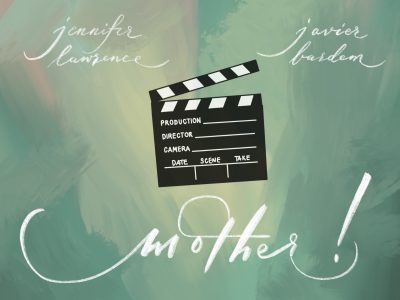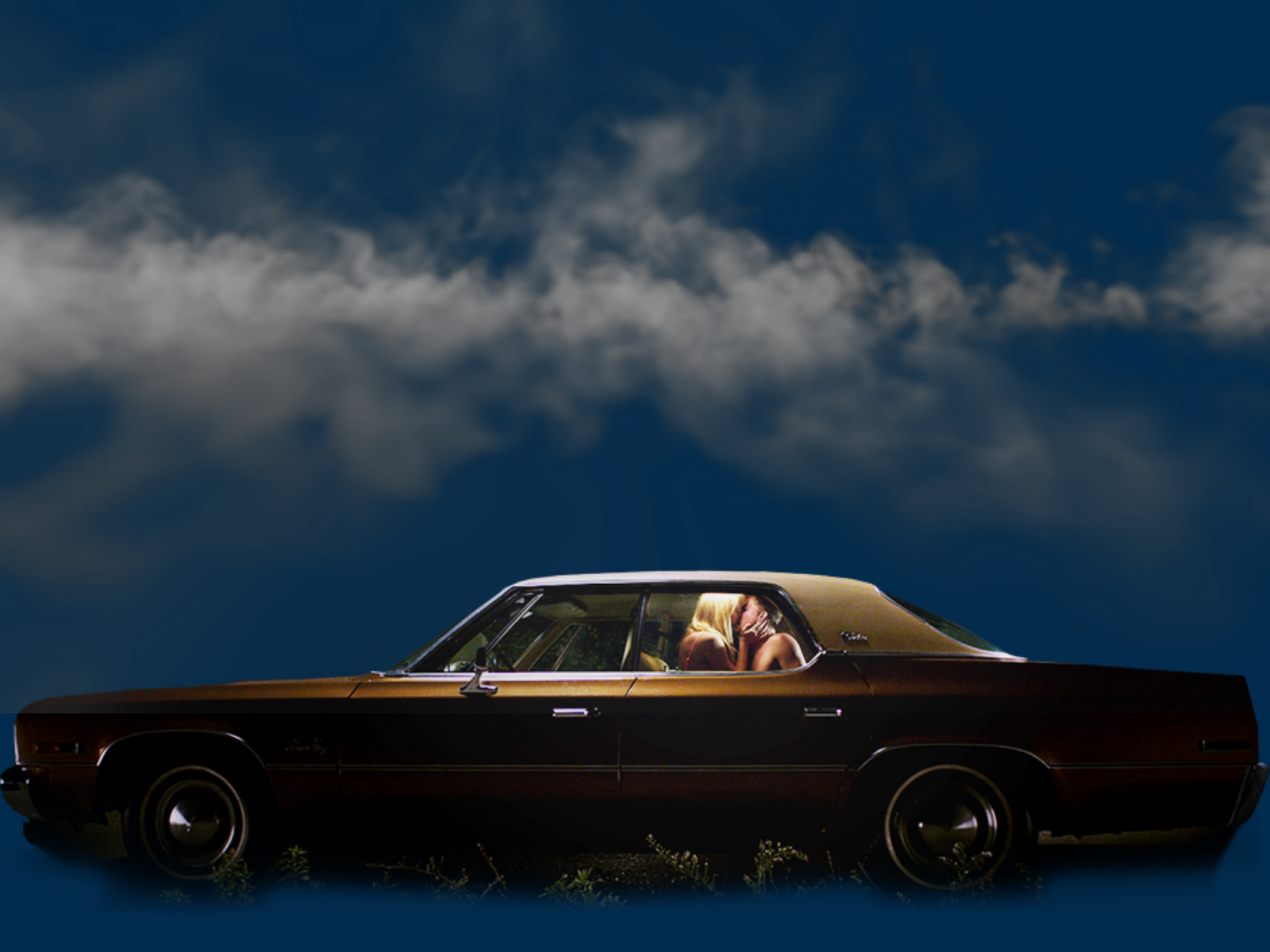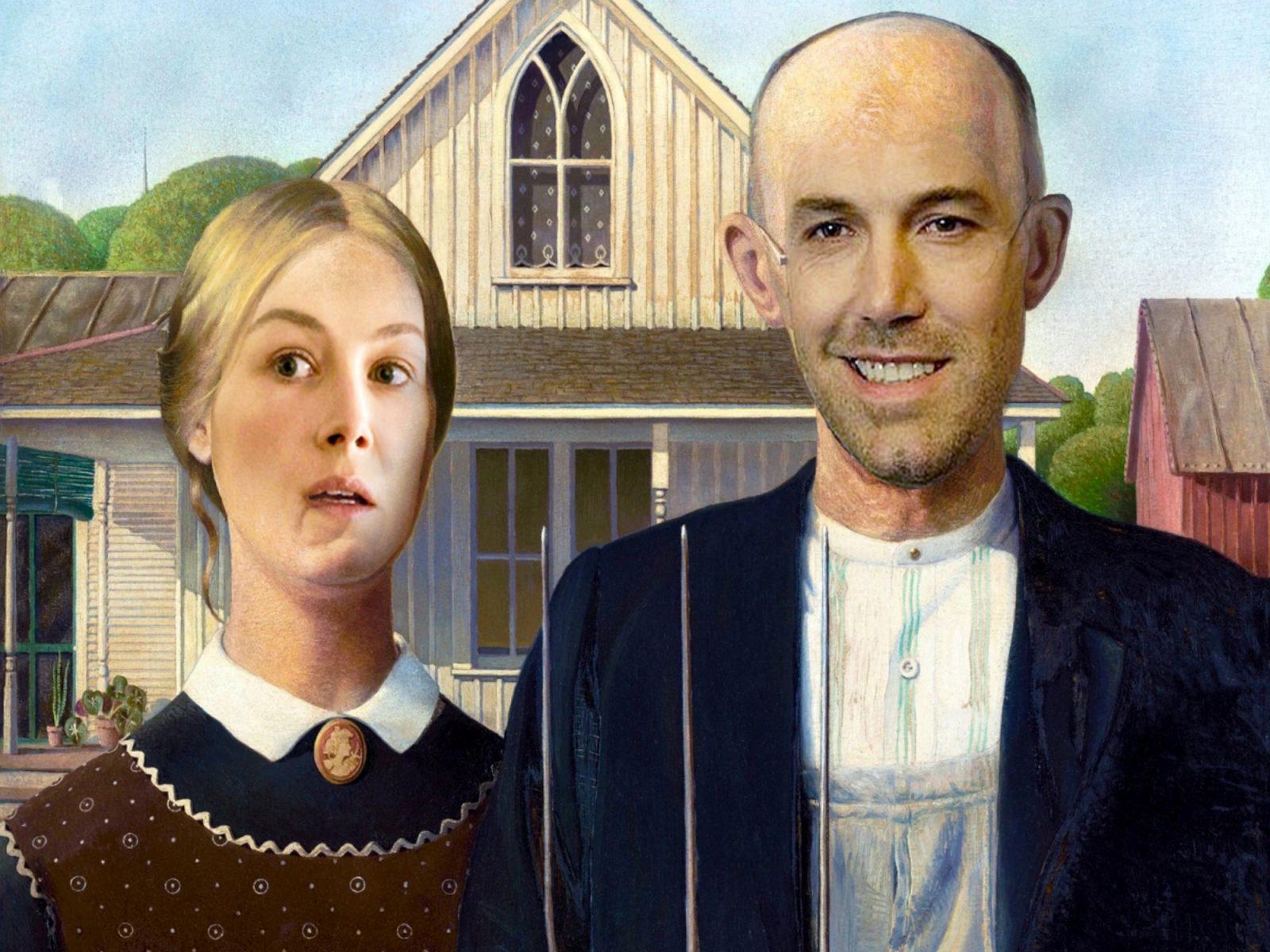Upon its initial release in 2017, Darren Aronofsky’s film “mother!” received extremely poor critical and public reception. It was then presented with the mark of death: an “F” CinemaScore grade — a failing title only 21 films in history have been given.

Everybody hates “mother!,” and I think I know why.
The film begins with Jennifer Lawerence, credited as “Mother,” renovating the countryside home she lives in with her husband, played by Jarvier Bardem. One night, the couple receives an unexpected visitor. Bardem gladly welcomes them in, much to Lawerence’s dismay.
The visitor’s entrance sets off an insidious usurpation of the home that Mother attempts desperately to maintain control of amidst overwhelming chaos.
When I first watched the film last year, I had heard about people’s general disdain for the film. Many critiqued its thinly-veiled metaphor for climate change and its use of extreme violence.
I was prepared for the absolute worst. The film was either going to be horribly pretentious or just plain horrible.
The film can be described in a myriad of ways. Jarring? Yes. Ulcer-inducing? Possibly. Mind-bending? For sure. But deserving of an “F” rating? Not at all whatsoever. In fact, I loved the film.
The Aronofsky film“mother!” is similar to other horror and thriller films in that it follows a young woman who is forced to fight for her own agency and battle for power in a setting that is consistently used against her.
The film’s editing, staging and cinematography escalate Mother’s anxieties and struggles extremely effectively. We are put into a constant state of tension as we bear witness to the violation of Mother’s home by a never-ending surplus of unwanted visitors.
Darren Aronofsky utilizes tracking and panning shots to follow Mother as she attempts to keep up with everything as it’s happening. Immediately, we feel her suspicion and paranoia towards the presence of the first two visitors.
We, too, form questions about their intentions.
However, because Bardem’s character is so inviting and gracious towards the incoming strangers, we are left to wonder if we’re just overreacting.
Perhaps Mother simply has a heightened sensitivity towards these social interactions and is actively looking for faux pas. Similar to the effect of Aronofsky’s 2010 film “Black Swan,” we question the reality of what we’re witnessing.
But as the film progresses, Bardem’s character makes choices that seem completely nonsensical and dangerous. And as more unknown visitors trickle in, Mother quickly becomes outcasted from everyone else.
She’s now a shadow, an afterthought and a burden in her own home.
Mother is physically and mentally anguished at the sight of the visitor’s meaningless destruction. She spends the entire movie chasing people around and cleaning up after them — the worst part is that no one seems to care about the damage they cause.
She’s essentially one with the home, like many of us young women become as we grow older due to the nature of how ingrained gender roles are within our lives. This place of sanctuary is often an integral part of our identity.
It evoked memories of my own mother during the holidays. I would enter the kitchen only to be quickly pushed out thereafter. Most times, I stood quietly in the back, watching her rummage around the kitchen.
I can still hear the sound of the sink running while multiple different timers are going off, and I can practically taste the smell of smoke and food.
I always felt bad for her. It was almost as if an invisible force was pulling her limbs in every direction of the kitchen. No matter how many people would tell her to relax and enjoy herself, she would continue to say there was more work to be done, and someone had to do it.
I think that’s the nature of being a woman — the responsibility to nurture the people and things around us. Since no one else seems to be taking on the role, we accept it as our burden.
The film did an excellent job at encapsulating this internal struggle. Mother is powerless as the only thing that she has is reduced, disrespected and pillaged.
Of course, I can acknowledge Aronofsky’s metaphor for climate change. He successfully expresses his anger at society’s violation of the planet — mankind’s rape of the Earth.
Whether it was intentional or not, the film artistically captures the complex topic of motherhood — one that I believe is criminally underrepresented within the media and not discussed enough in the public sphere.
So, my question is: Does everybody hate ”mother!” or is it just every man?


























































































































NFC • Apr 1, 2023 at 6:59 pm
I’m a man, and I loved “mother!” I recognize that it is essentially film as metaphor — it starts relatively naturalistically, but then escalates and eventually goes completely off the rails. The movie could have been a disaster, and while it is certainly a mess, it seems that is intentional. And the performances are excellent.
I admire that this movie is different. It has an artistic vision and commits to it. I appreciate that this is not just another superhero movie, thriller, heist flick, or horror. As much as I enjoy those genre movies, it is nice to see something more ambitious.